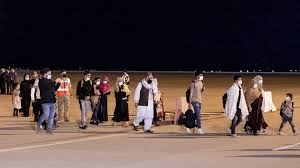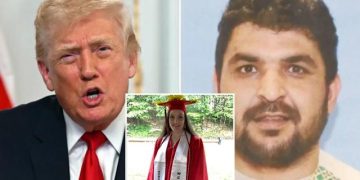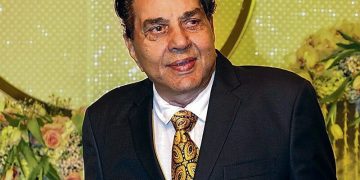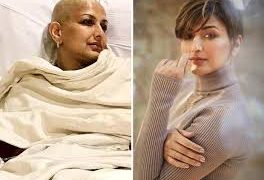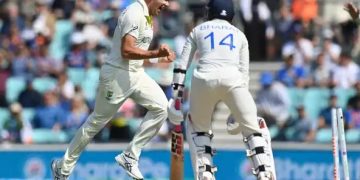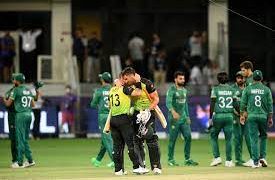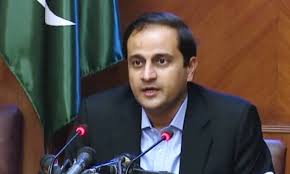The Supreme Court on Friday reserved the verdict in a case pertaining to the lifetime disqualification of lawmakers under Article 62(1)(F) of the Constitution, VOS News reported.
A seven-member larger bench, headed by the CJP and comprising Justice Syed Mansoor Ali Shah, Justice Yahya Afridi, Justice Aminuddin Khan, Justice Jamal Khan Mandokhail, Justice Muhammad Ali Mazhar and Justice Musarrat Hilali, reserved the verdict after the completion of arguments.
Chief Justice of Pakistan (CJP) Qazi Faez Isa said that a short order would be announced soon.
Today’s hearing
As the proceedings commenced today, Advocate Makhdoom Ali Khan, representing Jahangir Khan Tareen, argued that the Samiullah Baloch case created a “complete disconnect” between Article 62 and Article 63 of the Constitution regarding lawmaker disqualification.
Makhdoom emphasized the distinction between civil liability and disqualification, stating, “[…] a citizen is denied the right to exercise, or the protection of a fundamental right guaranteed by the Constitution for the rest of his life.”
Responding to queries about the role of civil courts, Makhdoom asserted, “There is no civil court in this country which can grant that,” referring to a declaration of honesty and truthfulness.
Chief Justice Isa expressed concern over neglecting the constitutional history of Pakistan, emphasizing the need for logic and reasoning behind lifetime disqualification. He questioned the effectiveness of the current law, asking, “Have we lost all logic and sensibilities?”
“What is the Constitution all about? What does it do? What are the fundamental rights?” the top judge asked, lamenting that the constitutional history of Pakistan was being disregarded.
Makhdoom referred to a US Supreme Court judgment rejecting new qualifications for lawmakers and highlighted that the 18th Amendment did not specify lifelong disqualification.
The lawyer outlined declarations by an election tribunal and the role of session judges in trying offenses under the Elections Act. He argued against the “business of civil law declaration” that strips fundamental rights permanently.
Previous hearing
CJP Isa urged logical explanations, emphasizing the Constitution’s purpose for the people of Pakistan. Makhdoom suggested leaving the Samiullah case judgment for another day, stating, “Wait for the issue to mature,” and highlighting that the lifelong ban was introduced by the court.
CJP said here the question arises if SC enjoys powers under Article 62-1F. The top judge said a candidate is disqualified over nomination papers. How can one be disqualified for life, he remarked.
“Lifetime disqualification under Article 62(1)(F) was determined according to one’s own perception and not the Constitution”.
CJP observed that dictators amended the constitution of Pakistan and put conditions of Saadiq and Ameen for Parliamentarians. Why they did not place the same conditions on them for contesting elections?
The top judge also inquired if the provisions of disqualification were amended in the Constitution by a dictator, saying that a “hypocrite was worse than a non-believer”.
He lamented that amendments were made on “gun points” and asked how the wisdom of five judges sitting in a court could be more than the people sitting in the Parliament.
Dictators also come into power by violating the constitution not after being elected as politicians, the top judge remarked.
Justice Mansoor Ali Shah remarked when the Election Act had been amended by the Parliament, how can the condition of lifetime disqualification remain?
Subsequently, Advocate Usman Karim came to the rostrum. He highlighted that the preconditions of saadiq and ameen were also applied to non-Muslims, arguing that hence these conditions were not about Islam.





